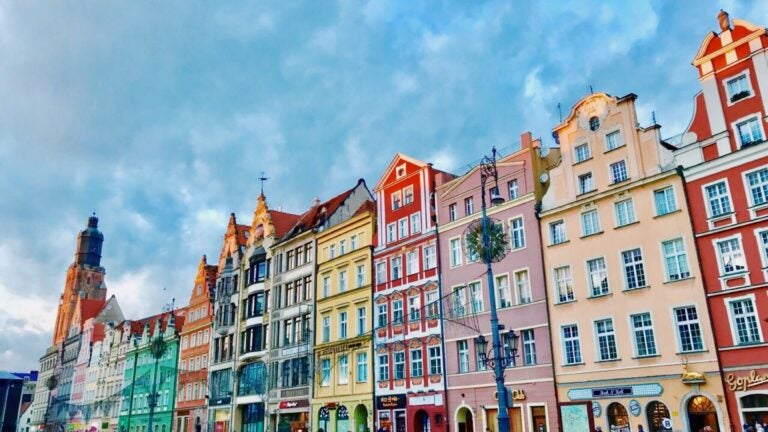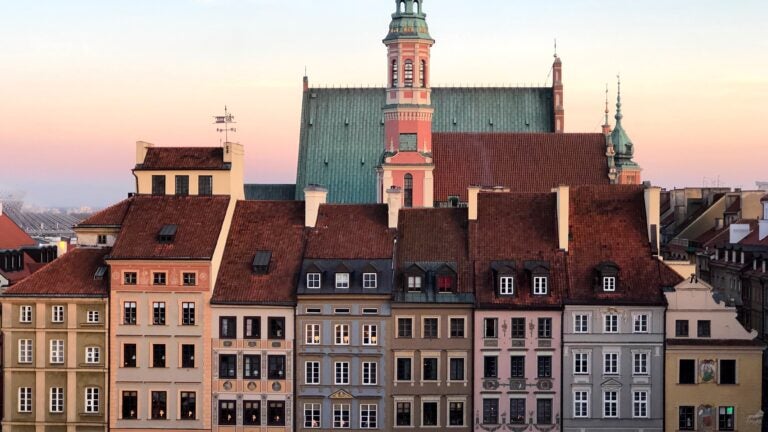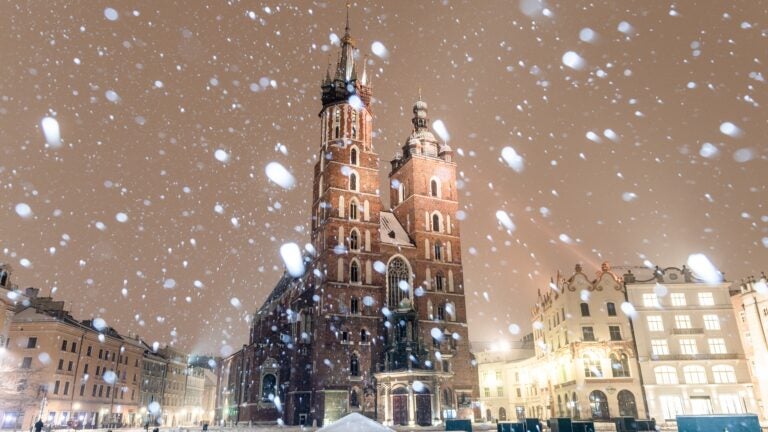
A country that has long served as a bridge between Eastern and Western Europe, Poland is now home to the largest and most important economy among the post-communist countries of Eastern Europe. Its language is also the repository of one of the richest cultures in the world, with leading figures who range from Copernicus to the scientist who discovered radioactivity, Marie Curie; from the great Romantic poet Adam Mickiewicz to boldly experimental modernist writers like Bruno Schulz and Witold Gombrowich, the absurdist Sławomir Mrożek, the avant-garde theatre director Tadeusz Kantor and 20th-century Nobel laureates Czesław Miłosz, Wisława Szymborska and Olga Tokarczuk — to name only a handful of figures whose work has found wide international resonance.
When the Kingdom of Poland was partitioned by its more powerful neighbors Russia, Austria and Prussia in the 18th century, it was the Polish language that preserved the nation’s sense of identity even when the country as such had vanished from the map (until it was resurrected at the end of World War I). In the second half of the 20th century under Communist rule, it was Polish culture that continued to sustain a sense of alternative national purpose.
Polish Language Courses
-
SLL 122: Elementary Polish I
Structure of the language, pronunciation, basic communication, and reading in modern Polish.
SLL 152: Elementary Polish II
Continuation of SLL 122.
-
SLL 220: Intermediate Polish
Designed for students continuing their study of Polish language into the third semester. Aimed at motivated students who are already fluent at the basic level.
-
SLL 222: Readings in Polish Literature I
Continuation of elementary Polish and introduction to outstanding works in Polish literature.
Prerequisite: SLL 122 and SLL 152SLL 252: Readings in Polish Literature II
Continuation of SLL 222.
Central European Studies Major
The major in Central European studies combines background in relevant languages (Russian plus either German or Polish, or more intensive study of Russian) with course work in international relations and the history, culture and politics of the region. All lower division courses are 4 units.
Department of Slavic Languages and Literature
Stay connected with the Department of Slavic Languages and Literature through their website.
News and Events
Explore engagement opportunities, panels, workshops, updates and more on the Department of Slavic Languages and Literature website.
Resources, Scholarships and Fellowships
The USC Department of Slavic Languages and Literatures offers a range of resources, scholarships, fellowships and more. To learn more about these opportunities, refer to the department website.


